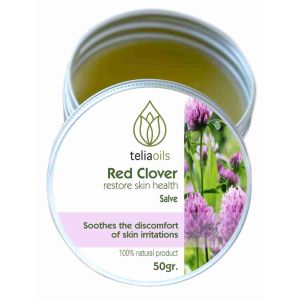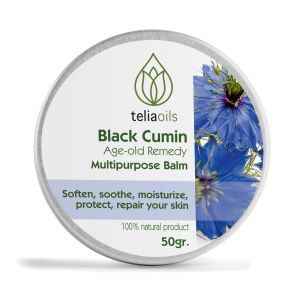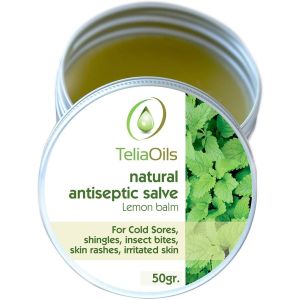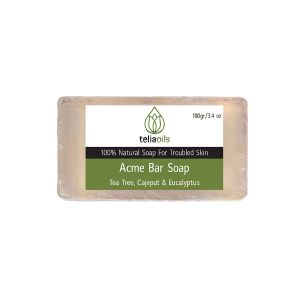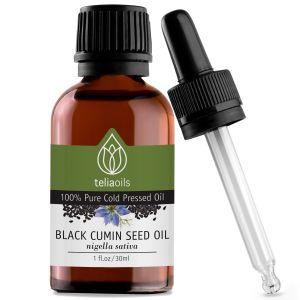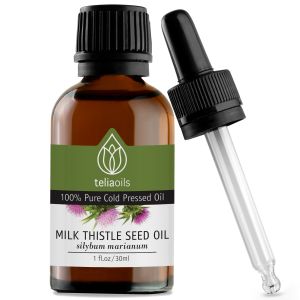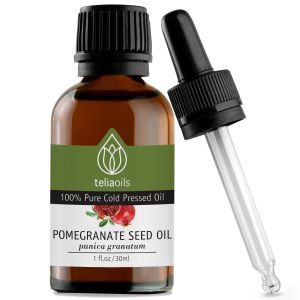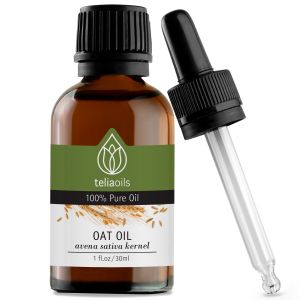What Skin Type Ages Faster? - Understanding How Different Skin Types Respond to the Aging Process
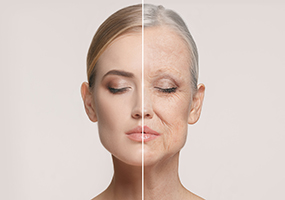
While the aging process is inevitable, it is important to understand that different skin types may age at different rates. Factors such as genetics, lifestyle, and environmental exposure play a significant role, but your skin type can also influence how quickly visible signs of aging appear. In this article, we will explore the different skin types and discuss which may age faster, along with tips on how to care for each type to maintain a youthful appearance.
Dry Skin
Dry skin tends to age faster than other skin types, as it often lacks the necessary moisture and sebum production to maintain elasticity and hydration. This can result in a rough texture, fine lines, and wrinkles appearing more prominently.
Tip: To keep dry skin looking youthful, ensure you moisturize regularly using a rich cream or lotion containing humectants like hyaluronic acid or glycerin. Additionally, avoid over-exfoliating, as it can strip your skin of its natural oils.
Oily Skin
Oily skin, characterized by excess sebum production, tends to age more slowly than dry skin. The natural oils present in oily skin help to keep it moisturized and plump, minimizing the appearance of fine lines and wrinkles. However, oily skin is more prone to acne and breakouts, which can lead to scarring and uneven texture.
Tip: To care for oily skin, use a gentle, oil-free cleanser and a lightweight, non-comedogenic moisturizer. Regular exfoliation can help to unclog pores and improve texture, but be careful not to overdo it, as this can lead to increased oil production.
Combination Skin
Combination skin has both oily and dry areas, usually with oiliness in the T-zone (forehead, nose, and chin) and dryness on the cheeks. This skin type can experience aging at different rates, with dry areas showing signs of aging faster than oily ones.
Tip: To care for combination skin, use a gentle cleanser and a moisturizer that balances oil production while providing hydration to dry areas. You may also need to use targeted treatments for different areas of the face, such as a lightweight serum for oily zones and a richer cream for dry spots.
Sensitive Skin
Sensitive skin is prone to redness, irritation, and inflammation, which can contribute to the aging process. While sensitive skin doesn’t necessarily age faster, constant irritation and inflammation can weaken the skin's barrier and make it more susceptible to environmental damage.
Tip: To care for sensitive skin, use gentle, fragrance-free skincare products and avoid harsh exfoliants or irritants. Look for ingredients like aloe vera, chamomile, and niacinamide that soothe and calm the skin.
While dry skin tends to age faster than other skin types, it's important to remember that proper care and attention can make a significant difference in maintaining a youthful appearance. By understanding your skin type and its unique needs, you can develop a personalized skincare routine that addresses specific concerns and helps to slow down the aging process. Additionally, adopting a healthy lifestyle, including a balanced diet, regular exercise, and sun protection, will contribute significantly to keeping your skin looking radiant and healthy, regardless of your skin type.

 de
de el
el
